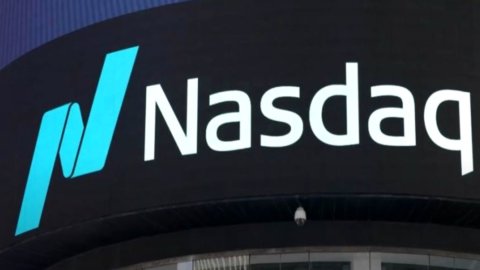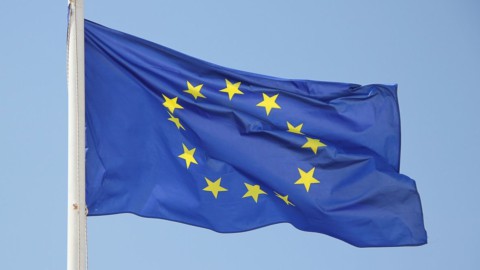Beginning of the end or buying opportunity? It's the question millions of investors are asking themselves devastating decline announced by the title Meta, brutally penalized when the results are released: approximately -22%, just under 200 billion dollars vanished in a single evening against mediocre, but not so dramatic results. Mark Zuckerberg's fleet of Facebook, Instagram, WhatsApp, and Messenger matters, however 3,59 billion contacts with users from all over the planet and every week one billion consumers make purchases using the services of the social network for a turnover which, although slower than expected, will reach 29 billions of dollars, that is, 11% more than a year ago. Enviable numbers, in short, which would make the fortune of a large part of both the new and old economy companies.
On the other side of the scale, however, there are signs of an obvious slowdown. For the first time in history, the social network lost half a million users and profits, although above 10,3 billion dollars in the quarter, were lower than a year ago (-8%). More than the numbers, however, the feeling counts that, after years of generalized growth, a ferocious war for leadership has broken out between the digital giants, which is being fought on several tables: the laboratories of Silicon Valley, the electronic enclosures of Wall Street, but also in the halls of Congress in Washington and the European Commission in Brussels. Up for grabs is the conquest of the new virtual world, The Metaverse, but before that control of the economy and the power of this world, increasingly dependent on Artificial Intelligence that guides consumption and political opinions and beyond.
In this key, the collapse of the former Facebook has several explanations:
- In this race Meta is not alone. Indeed, the challenge between the giants has just begun, as demonstrated by the competition with Apple Lossless Audio CODEC (ALAC), to secure the brightest engineers in the USA and Meta's promise to hire ten thousand brains in Europe. A week ago Microsoft motivated the stellar purchase of Activision Blizzard (70 billion) with the choice to aim at the metaverse through the control of the games. Google and Apple are developing products to compete. But in the meantime they got in the way of Facebook. The lower revenues of the social network depend on the changes made by Apple to the IOS tracking system, a change that makes it more difficult to follow the Internet activity of iPhone owners, indirectly benefiting Google which is much more friendly for advertising users.
- This is how it is determined a kind of ideological fracture: Tim Cook of Apple, after the outbreak of the Cambridge Analitics scandal, had fiery words against Facebook's claim to avoid taking responsibility for the contents disseminated by the network. The same attitude held, among other things, by Spotify (in sharp decline yesterday on the Nasdaq), regarding the no Vax propaganda.
- The other big enemy is Tik Tok, which is very popular among the very young against whom Meta has lined up Reels, a social network that is the largest contributor to the growth of Instagram, another company that absorbs billions, for now without great economic results because the adolescent market is certainly less rich .
What to say at the end of this quick analysis of Zuckerberg's accounts? The higher costs look set to clip the wings of growth at least for the foreseeable future. And, perhaps even more, she weighs political isolation of the social network. But woe to underestimate the giant's reaction capabilities. After the Ko, Meta will get back on his feet, perhaps at balance prices.





